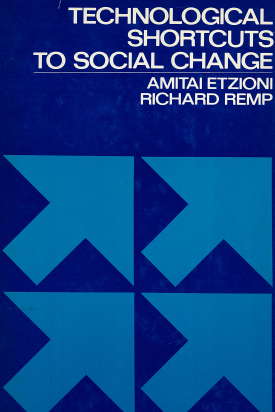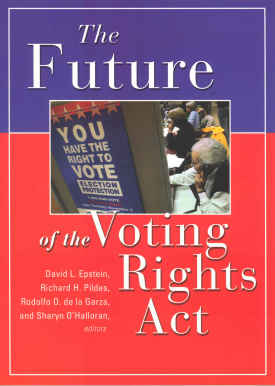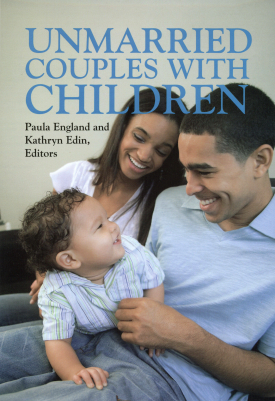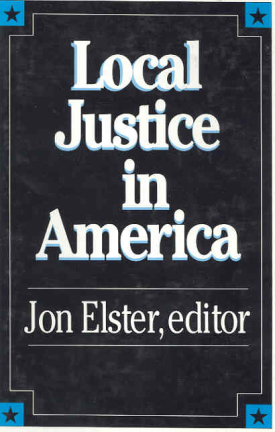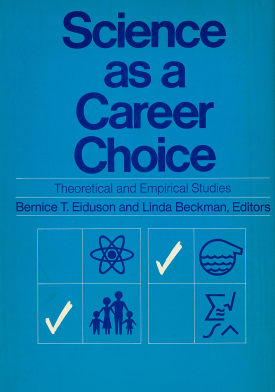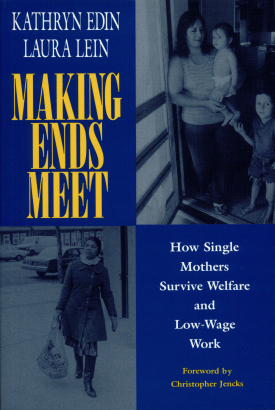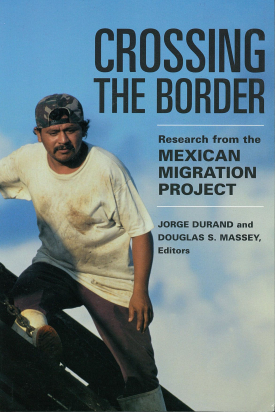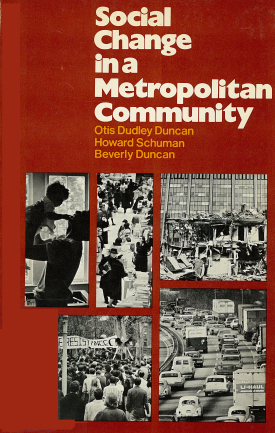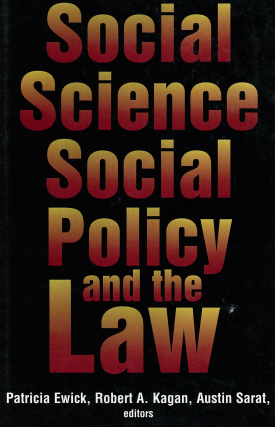
Social Science, Social Policy, and the Law
About This Book
Social science has been an important influence on legal thought since the legal realists of the1930s began to argue that laws should be socially workable as well as legally valid. With the expansion of legal rights in the 1960s, the law and social science were bound together by an optimistic belief that legal interventions, if fully informed by social science, could become an effective instrument of social improvement. Legal justice, it was hoped, could translate directly into social justice. Though this optimism has receded in both disciplines, social science and the law have remained intimately connected. Social Science, Social Policy, and the Law maps out this new relationship, applying social science to particular legal issues and reflecting upon the role of social science in legal thought.
Several case studies illustrate the way that the law is embedded within the tangled interests and incentives that drive the social world. One study examines the entrepreneurialism that has shaped our systems of punishment from the colonial practice of deportation to today's privatized jails. Another case shows how many of those who do not qualify for legal aid cannot afford an effective legal defense with the consequence that economic inequality leads to inequality before the law. Two other studies look at the mixed results of legal regulation: the failure of legal safeguards to stop NASA's fatal 1986 Challenger launch decision, and the complicated effects of regulations to curb conflicts of interest in law firms. These two cases demonstrate that the law's effectiveness can depend, not only on how it is drafted, but also on how well it harmonizes with pre-existing social norms and patterns of self-regulation.
The contributors to this volume share the belief that social science can and should influence legal policymaking. Empirical research is necessary to offset anecdotal evidence and untested assertions. But research that is acceptable to the academy may not stand up in court, and, as a result, social science does not always get a sympathetic hearing from legal decision makers. The relationship between social science and the law will always be complex; this volume takes a lead in showing how it can nonetheless be productive.
PATRICIA EWICK is associate professor of sociology and associate dean at Clark University.
ROBERT A. KAGAN is professor of political science and director of the Center for Law and Society at the University of California at Berkeley.
AUSTIN SARAT is William Nelson Cromwell Professor of Jurisprudence and Political Science at Amherst College and president of the Law and Society Association.
CONTRIBUTORS: Malcolm M. Feeley, Lawrence M. Friedman, Kenneth Mann, Deborah L. Rhode, Neil Vidmar, Jack Katz, David Weisburd, Diane Vaughan, Susan P. Shapiro.

